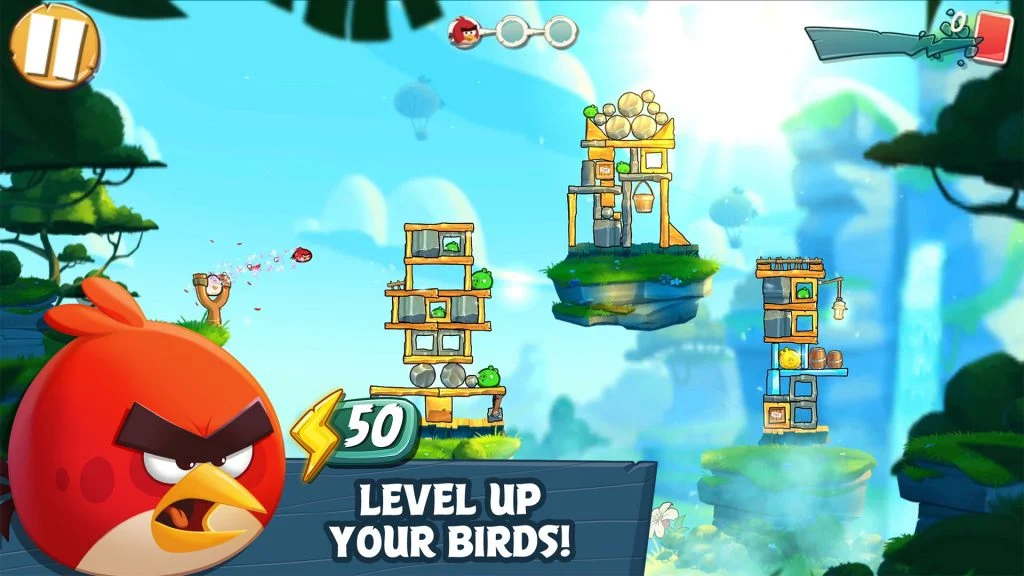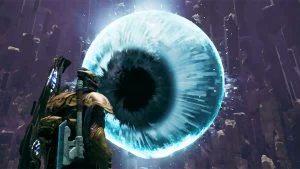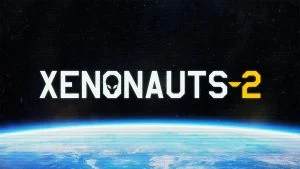Rovio Classics, the company that makes Angry Birds, re-listed, de-listed, and now will re-list the 2012 “Classic” iteration of the game, showing that even the largest companies fall victim to algorithms.
Axios games reporter Stephen Totilo just reported an update to the ongoing Angry Birds Classic saga that game developers, Rovio Classics, have been going through with mobile app stores and their Rovio Classics: Angry Birds iteration of the game.
If you’re not aware, after years of fan demand, the game company re-created the classic 2012 version of the Angry Birds game and put it on the Google Play and Apple App Stores. Unfortunately, according to a later statement made on Twitter, Rovio Classics: Angry Birds was removed from both stores “due to the game’s impact” on Rovio Classic’s “wider games portfolio.”
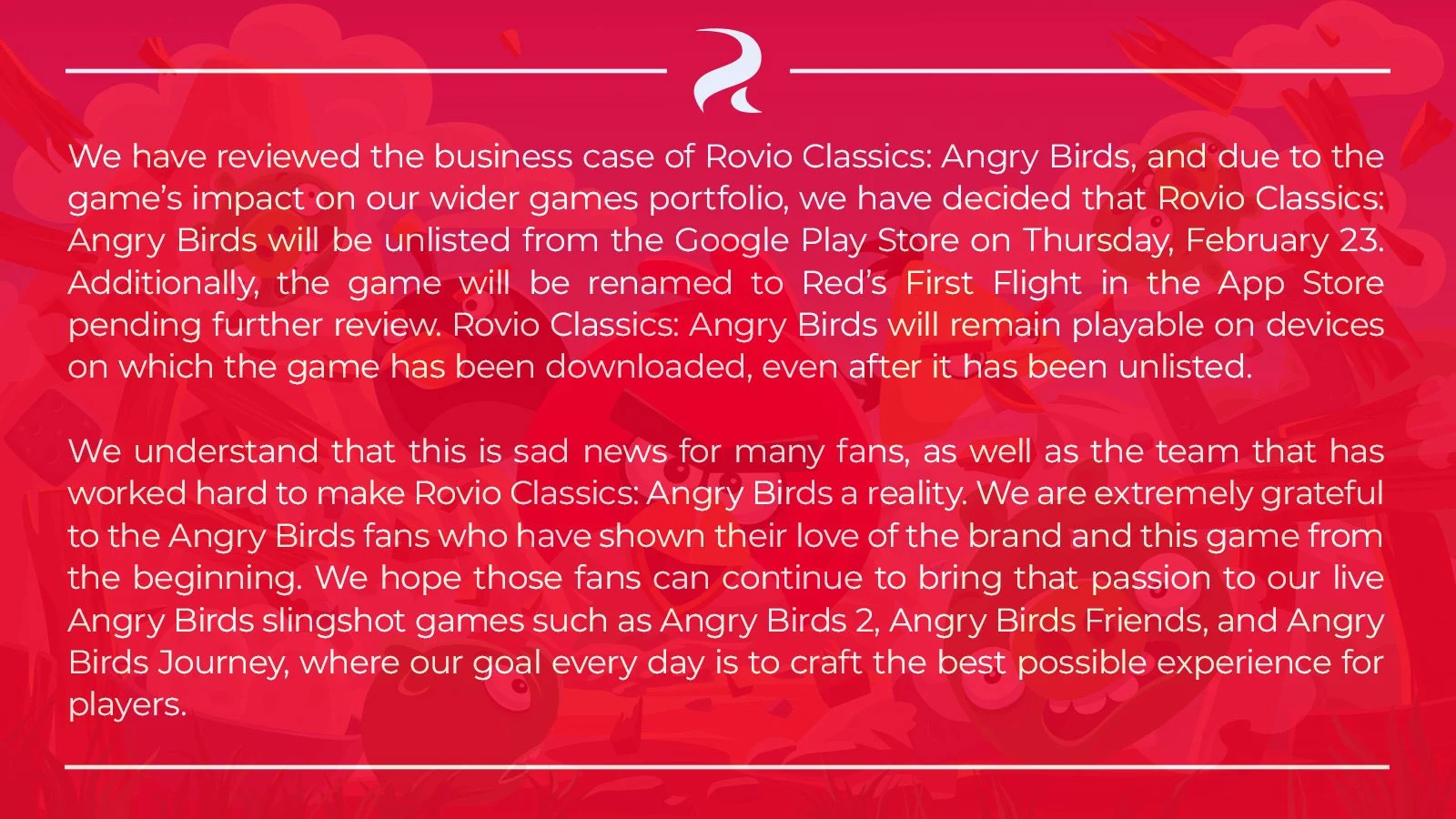
The company’s theory, as put forth in the Axios article, is that the classic iteration of the game, which costs $1, dominated search results, causing those looking for a free version of the iconic game to quit trying altogether, which harmed their overall downloads. While this is a largely unproven hypothesis, as there may be many reasons why downloads for Angry Birds titles are on the decline, the company insists that part of the issue was the popularity of the $1 classic title in search results.
The game will now be called Red’s First Flight on the iOS App Store, which may alleviate the problem — or may not, as algorithms are constantly patched and tweaked, and the classic version of the game may still appear for searches involving the term “Angry Birds,” though, only time will tell.
Angry Birds Saga Points to a Larger Problem with App Stores, Too
Ultimately, this seems a bit silly, considering that all the Angry Birds titles are owned and put in said app stores by Rovio Classics. It would seem like this “theory” could have been solved by simply pushing down Rovio Classics: Angry Birds and pushing up the current free version of their flagship title, Angry Birds 2.
However, the fact that these app stores also work as search engines makes it so that listings, and especially listing rankings for certain keywords, in this case, “Angry Birds,” are left up to the complex algorithm that’s been developed over the years by Google and Apple, respectively.
The concept of companies being able to adjust these listings would lead to conflicts of interest, as an “organic search” method should lead consumers to the app that is most likely what they are looking for. In the case of Angry Birds, this seems to be the 2012 version of the game, not the upgraded “better” versions that currently exist in the stores.
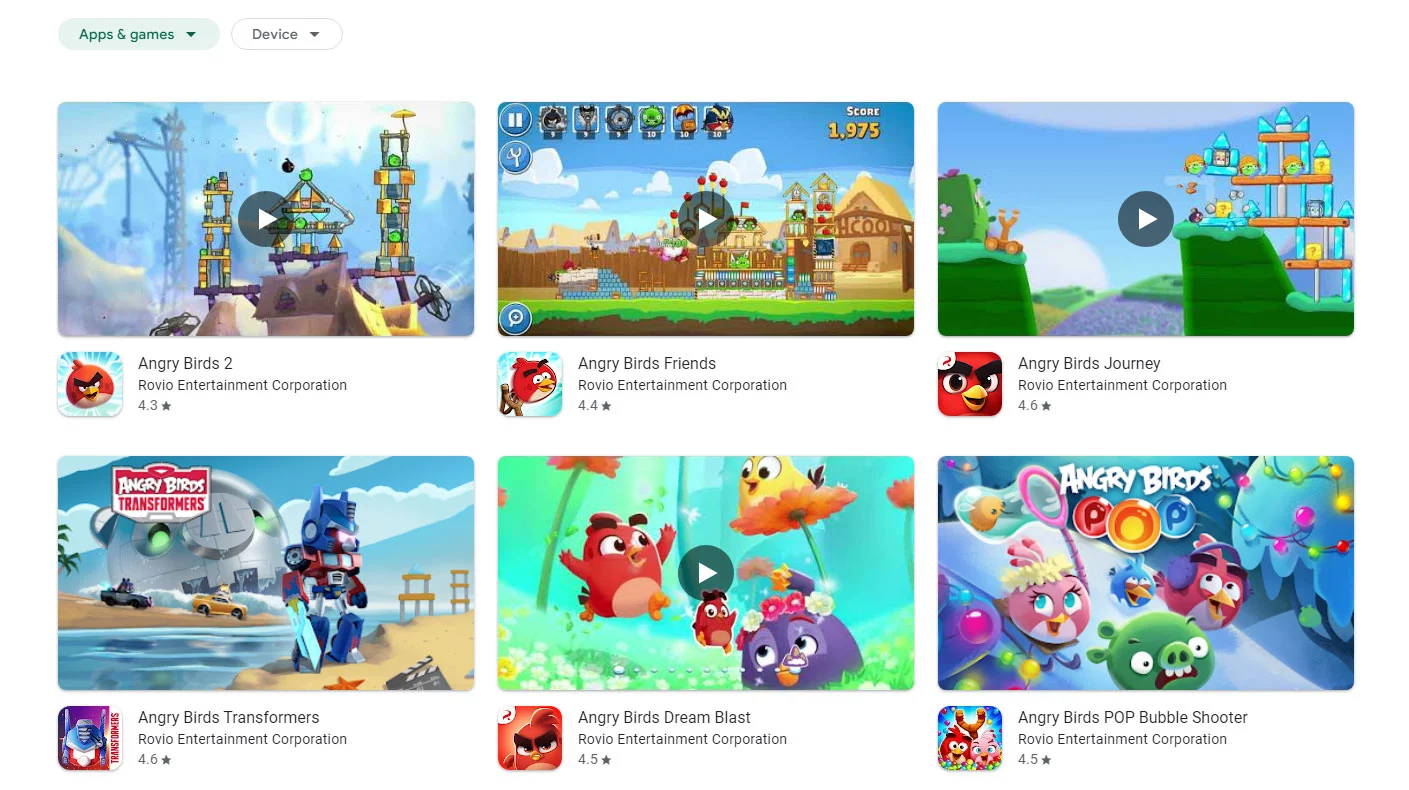
However, as a game franchise and studio that has amassed an amazing 5 billion overall downloads since 2009, it seems pretty dumbfounding that such a seemingly simple problem couldn’t have been solved in a different way other than de-listing the game.
Stuck Between a Bird and a Hard Place
Ultimately, while the conversation around algorithms and search engines and massive multi-million dollar corporations being unable to adjust listings for their own copyrighted titles is a good one to have, this entire Angry Birds saga also points to another problem in gaming.
The concept that sometimes people just prefer previous iterations of games over their more contemporary “modern” counterparts is something that has plagued gaming companies for a pretty specific set of games. Arguably, two examples are The Sims and World of Warcraft, the latter title taking note of this, causing Blizzard to launch World of Warcraft Classic. In these cases, players argue that the previous iterations of the games, while old from a technological perspective, contain more content in the base version of the game and are generally “more fun” to play for various reasons.
Rovio, for their part, has created a variety of different Angry Bird adjacent spin-off titles, including Angry Birds Blast, AB Evolution 2023, Bad Piggies, and Angry Birds Friends, just to name a few. While all of these titles are successful in their own right — amassing millions of downloads and maintaining generally high scores on the app stores, there is still a dedicated fanbase that will always prefer the classic version of the game.
The only solution, it seems — is to create a game that is better and more popular than your original title, which is a tall feat for a game that’s such a smash hit like Angry Birds.
For more news articles like this, read our News Section.

